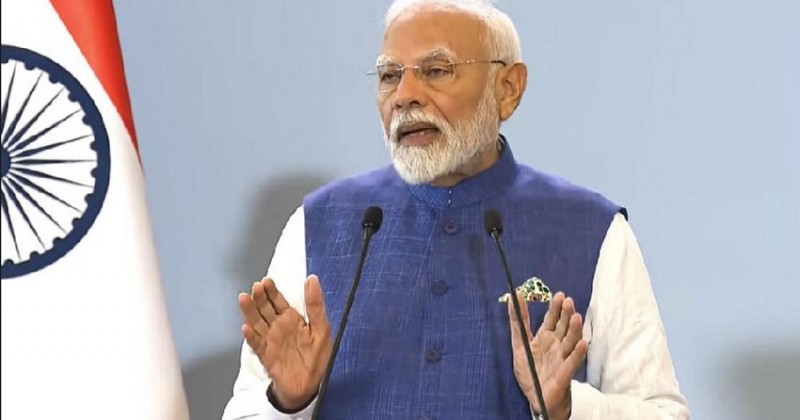
The Narendra Modi government's Unified Pension Scheme (UPS) marks a significant advancement in ensuring the financial security of government employees while safeguarding the fiscal health of both state and central governments. This initiative not only offers a reliable pension system for retirees but also strengthens cooperative federalism, a core principle upheld by the Modi administration.
Under the UPS, retirees are guaranteed a pension amounting to 50% of their average basic pay from the last 12 months of service, providing a stable and predictable income. This new scheme preserves the essential principles of pension reform introduced by former Prime Minister Atal Bihari Vajpayee, which emphasized a contributory and funded pension system. By requiring contributions from both employees and the government, the UPS establishes a sustainable model that balances employee benefits with fiscal responsibility.
The UPS presents a clear contrast to the Old Pension Scheme (OPS), which had placed significant financial strain on state governments. Several states, including Rajasthan, Chhattisgarh, Jharkhand, Punjab, and Himachal Pradesh, have reverted to the OPS, a decision criticized for its fiscal irresponsibility. The Reserve Bank of India (RBI) has warned of the severe financial impact of such moves, noting that the cost of returning to the OPS could quadruple pension liabilities compared to the National Pension System (NPS).
In response, the Modi government's UPS provides a more prudent solution that addresses the concerns of government employees while ensuring that both state and central governments retain the fiscal capacity to invest in crucial capital projects. The scheme increases the government's contribution to 18.5% of basic pay, while maintaining the employee's contribution at 10%, thus bridging the gap between the assured pension and the returns generated by the pension fund, thereby securing the financial future of retirees.
Furthermore, the UPS promotes cooperative federalism by encouraging states to adopt a sustainable pension framework. States that implement the UPS can continue to invest in infrastructure and social welfare programs without compromising their financial stability. The Modi administration's emphasis on transparency and fiscal prudence, including measures to limit off-budget borrowing, further reinforces the foundation of cooperative federalism.
Ultimately, the UPS reflects the Modi government's commitment to balancing economic growth with social security. It represents not just a pension reform, but a comprehensive strategy to ensure that India’s states and citizens have the financial resources necessary for a prosperous future. As India continues to develop, the UPS will play a crucial role in maintaining this balance, securing the financial well-being of millions of government employees while preserving the nation's fiscal health.
How the Unified Pension Scheme Redefines Retirement Planning in India
New Unified Pension Scheme to Replace Old System for Central Government Employees
Centre Approves Unified Pension Scheme (UPS) for Central Government Employees